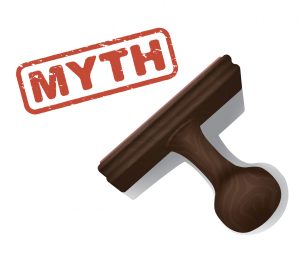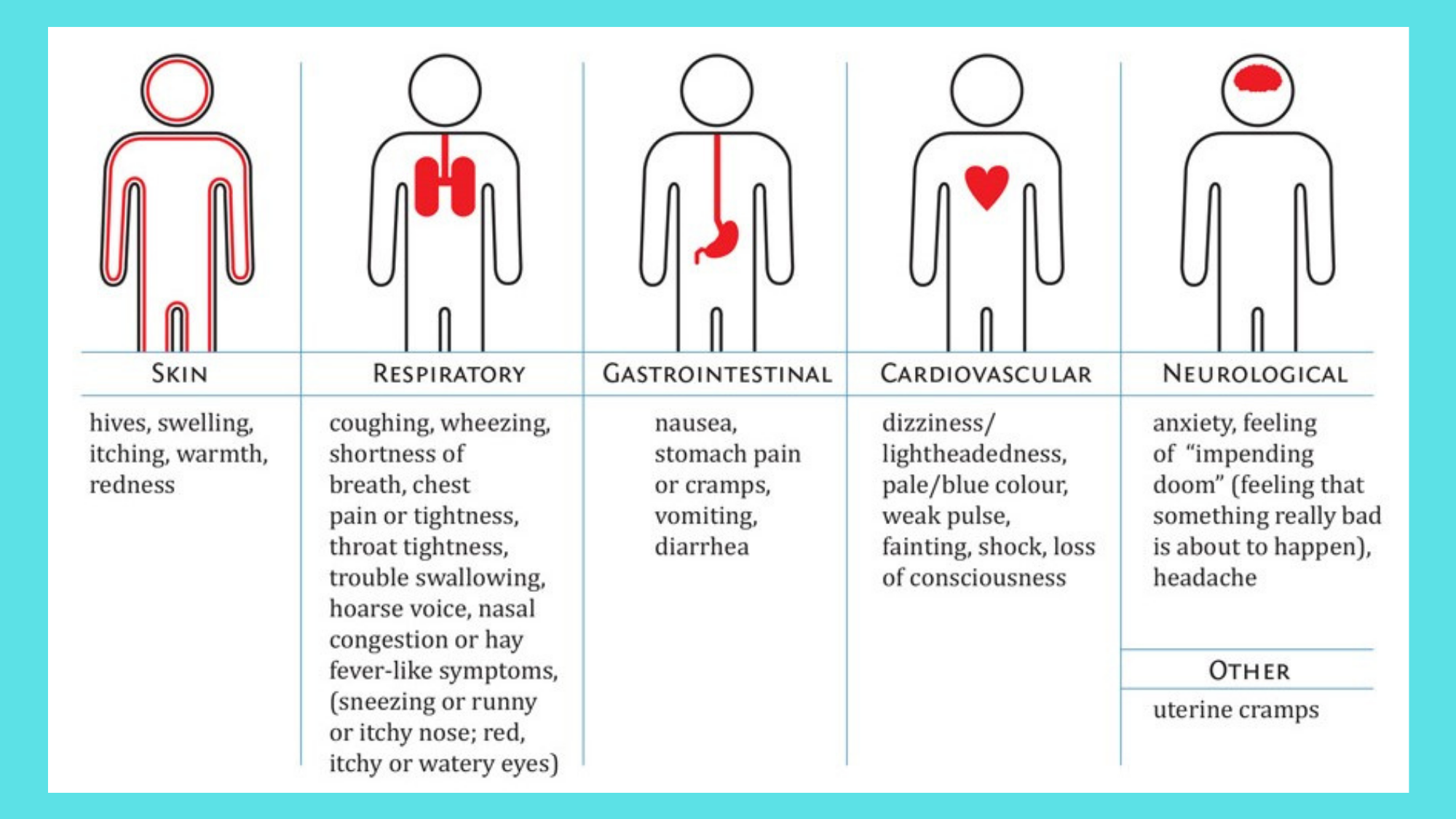Watch the Globe and Mail’s Drug Shortages Summit event with our ED, read an update on our advocacy with government and stay tuned to learn how you can continue to help #MakeFoodAllergyCount. Plus, check out our mythbuster on whether age is a risk factor for food-related anaphylaxis.
Advocacy in action: Event summary and recording available: Globe and Mail’s Drug Shortages Summit

In February, the Globe and Mail hosted the Drug Shortages Summit with André Picard, health reporter and columnist, to discuss drug shortages and potential remedies. The event brought together patients, experts and industry representatives for interviews and panel discussions.
Jennifer, our Executive Director, participated in the panel discussion on patient impacts, and spoke about the implications of past epinephrine auto-injector shortages and the importance of always having access to this life-saving medication.
Read the event summary or watch the full event.
Advocacy in action: Thanks for your support!

A big thank you to everyone who wrote a letter or spoke with your Member of Parliament (MP) over the past several months. Together we reached over 40 MPs and elevated the food allergy conversation with the federal government. Our collective voices are critical for driving change and making food allergy a priority.
Stay tuned to learn about the Finance Committee’s decision for the 2021 federal budget, our next steps, and how you can continue to help #MakeFoodAllergyCount.
Mythbuster – Is age a risk factor for food-related anaphylaxis?

FACT: An anaphylactic reaction can happen at any age, but teens and young adults with food allergy are at the highest risk for one as they tend to take more risks around managing their food allergy (e.g. not carrying their epinephrine auto-injectors, not reading food labels, making decisions under the influence of alcohol or drugs).
Further, if they have had an anaphylactic reaction in the past, it may have taken place so long ago that they do not remember the event. Given this, they may be less able to recognize the signs and symptoms of anaphylaxis if an accidental ingestion takes place.
Learn more:
Help us educate your communities and share this mythbuster with them! Find more mythbusters at foodallergycanada.ca/mythbusters.
Tags: advocacy, mythbuster, Research


